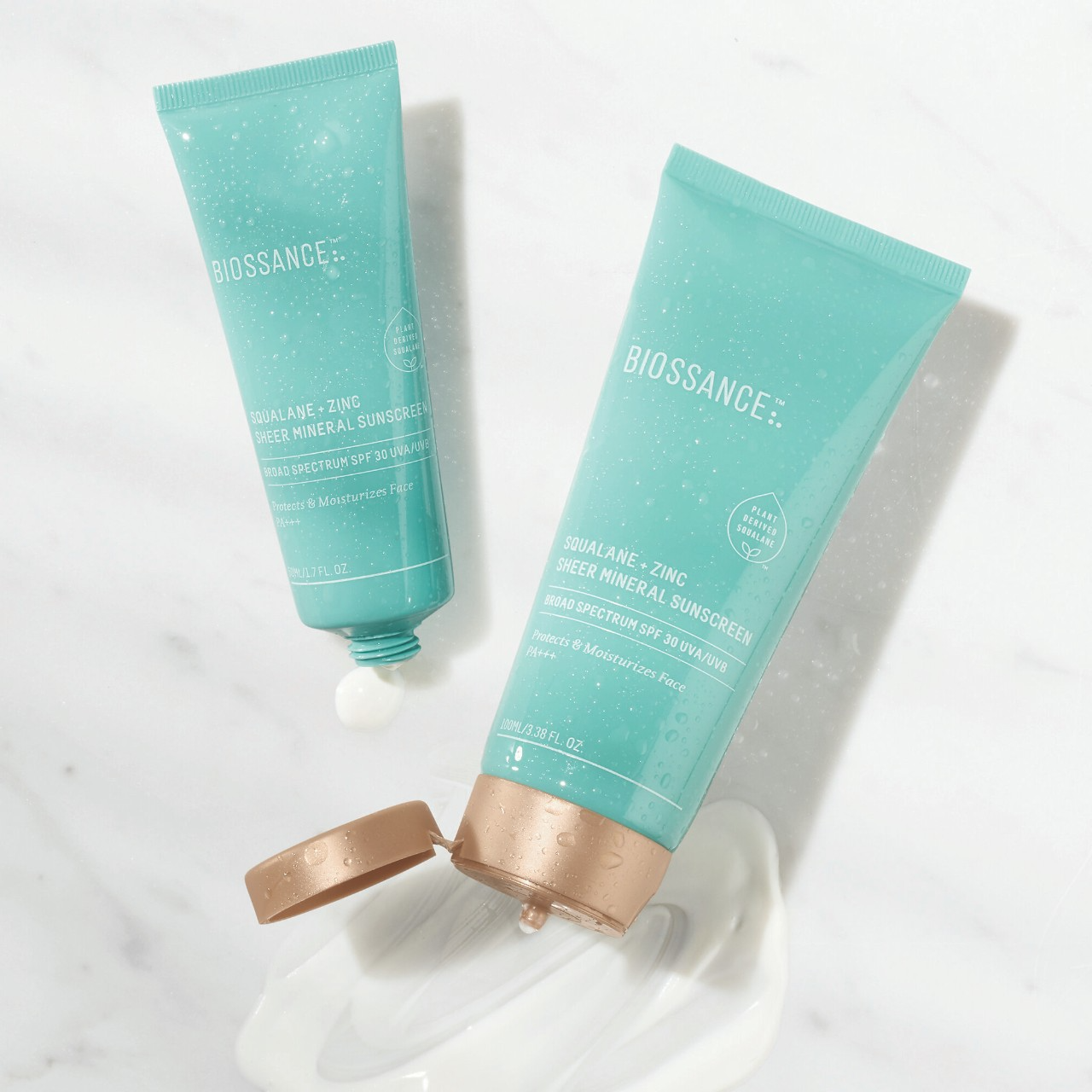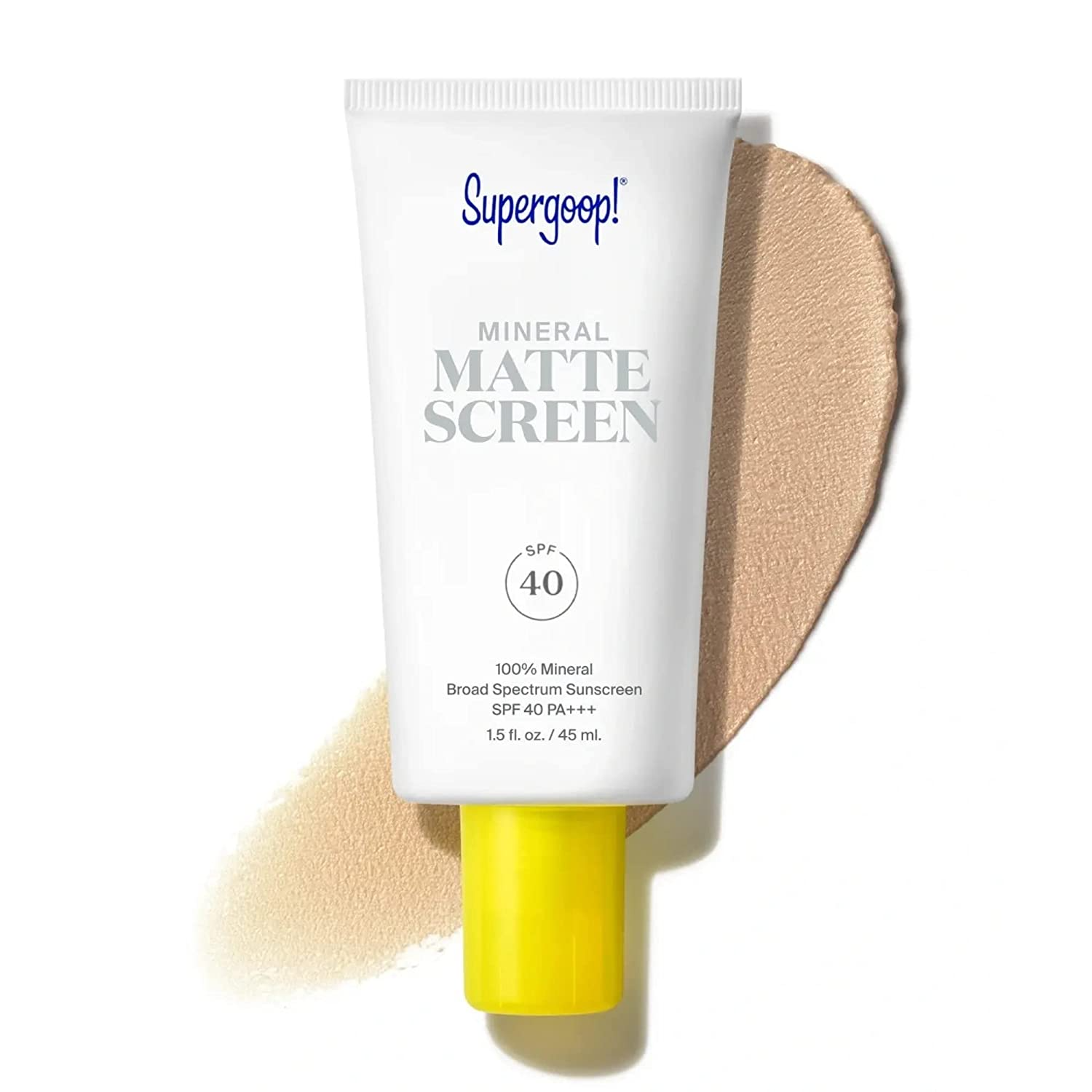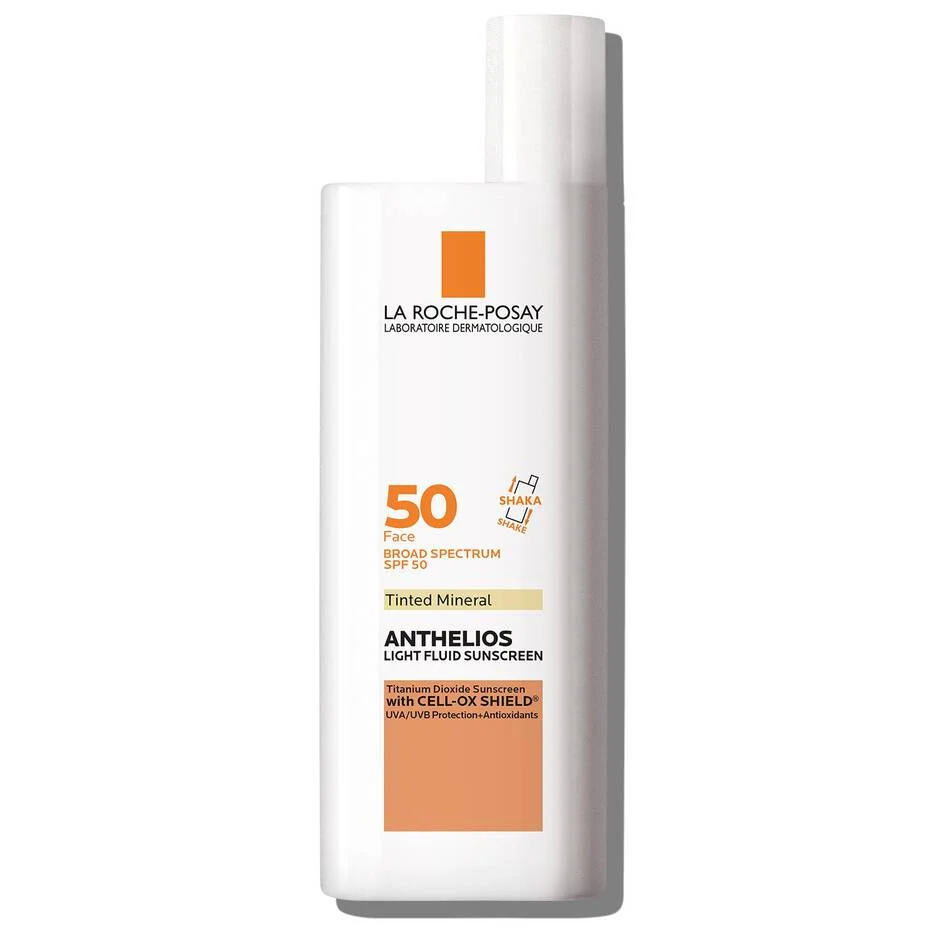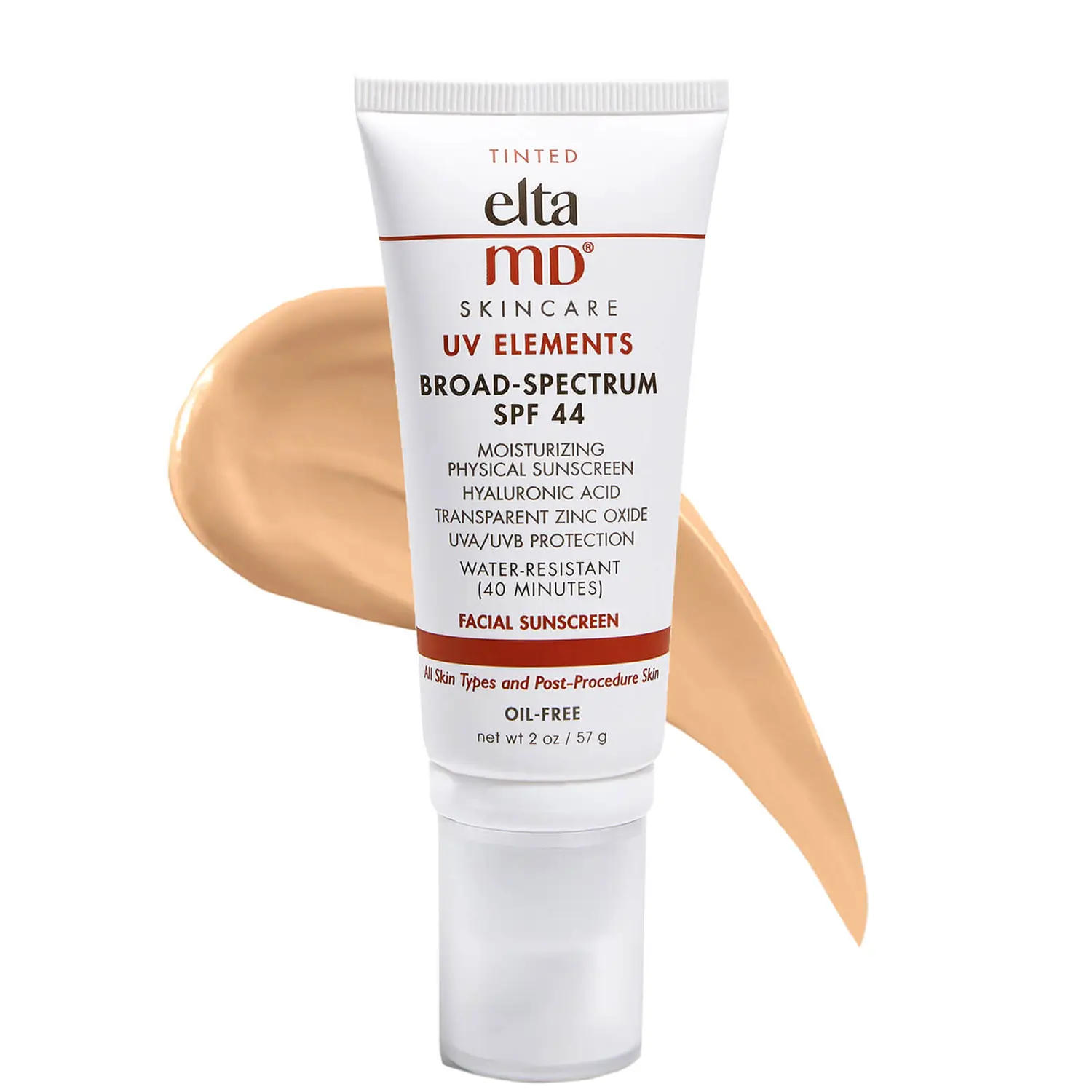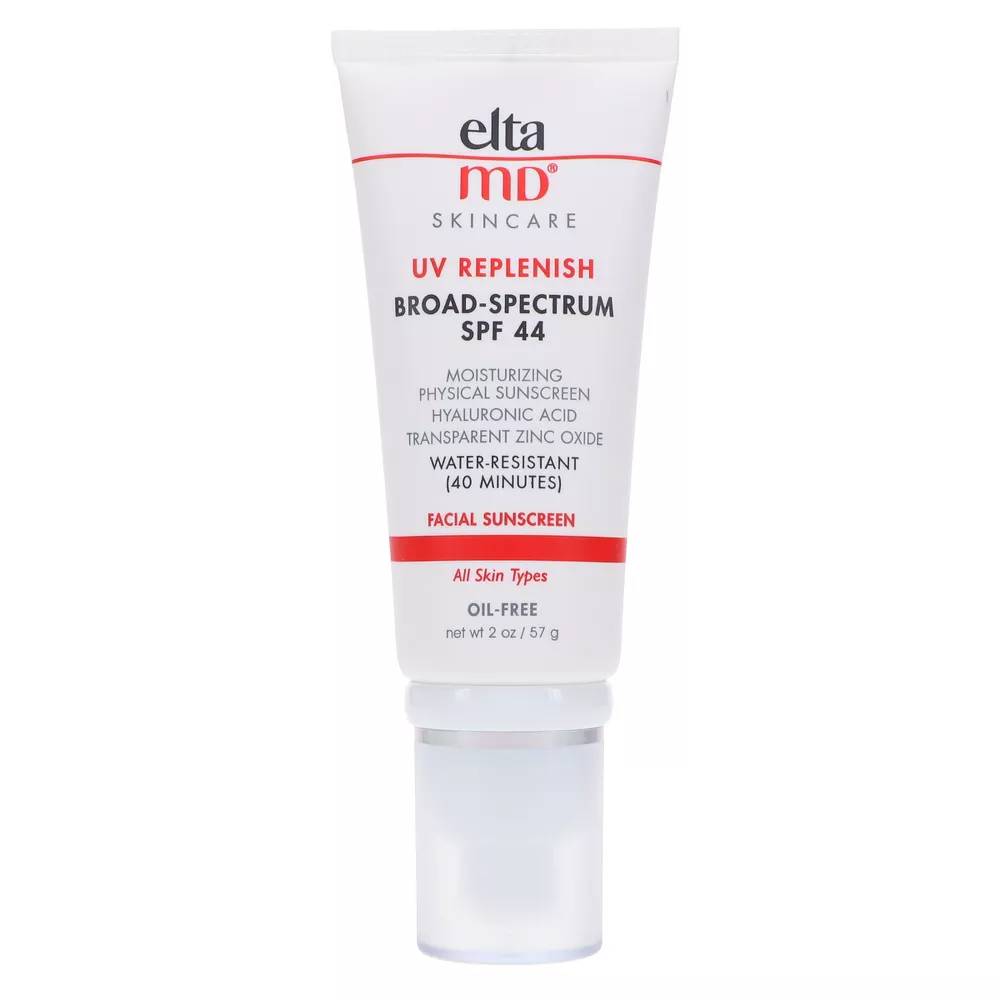A Black Girl’s Guide To Mineral Sunscreen For Dark Skin
Photo Credit: Courtesy of Sydney Clarke.
Welcome to Sun Blocked, Refinery29’s global call-to-action to wake up to the serious dangers of tanning. No lectures or shaming, we promise. Instead, our goal is to arm you with the facts you need to protect your skin to the best of your ability, because there’s no such thing as safe sun.
Finding a sunscreen that doesn’t make me look ashy is a feat, and I know I’m not alone. But that doesn’t mean I don’t use it. To my fellow Black and brown people, please fight against the myths we grew up with. Just because we have more melanin doesn’t mean we don’t need sunscreen to protect against sun damage and skin cancer. Sunscreen is for everyone, and it should work with our skin tones — no matter how deep they are.
AdvertisementADVERTISEMENT
Navigating ingredients and guesstimating how the next tube of mineral sunscreen will look on my skin is daunting, but it’s better to look for the best sunscreen than to not wear any at all. That’s where understanding some basic sunscreen facts can help you make a more informed decision. With the help of dermatologist Corey L. Hartman, I've laid out answers to some of the most common questions Black women have about sunscreen, ahead.
Is mineral sunscreen better than chemical sunscreen?
There are two types of sunscreens: physical (also known as mineral) and chemical. Physical sunscreen blocks UV rays by acting as a protective covering for your skin. Chemical sunscreen, on the other hand, absorbs UV rays, turns them into heat, and releases them from your body. Chemical sunscreens might have any combination of oxybenzone, avobenzone, octinoxate, homosalate, octocrylene, or octisalate, while mineral sunscreens typically only have titanium dioxide, zinc oxide, or both.
People with medium to dark skin are typically more attracted to chemical sunscreens because zinc can leave the skin looking white or ashy. But according to Dr. Hartman, even though chemical sunscreens might look better cosmetically, they aren't always the best option. “Mineral sunscreens are superior. They work better, but they also give you fewer opportunities to have contact dermatitis because there are no chemicals," he says. "Of the various chemicals that go into different chemical sunscreen, 25% of people are going to have an allergy to one of them and it's impossible to know which one because not many chemical sunscreen contain only one chemical."
AdvertisementADVERTISEMENT
Another reason mineral sunscreens are better: Unlike their chemical counterparts, you don't have to wait 20-30 minutes for them to absorb into your skin to work. And you can even layer them over your makeup, which makes reapplying during the day a lot easier.
Ok, but which mineral sunscreens won't make me ashy?
But for all the pros, there are definitely some major cons to physical sunscreen, mainly that it can be harder to spread and can leave a white cast. So, when you find one that not only protects you from harmful UV rays but also leaves your natural skin tone preserved, it really feels like finding a needle in the haystack. I went through that haystack and tested some of the top-reviewed mineral sunscreens on the market. After several misses, including one that left me looking Ursula purple, I narrowed the winners to Biossance Squalane + Zinc Sheer Mineral Sunscreen and Supergoop! Mineral Mattescreen Sunscreen.
Biossance's sunscreen comes out white, but it looked clear on my skin (and the light pleasant scent was undetectable, too). Supergoop!'s Mattescreen looks tan when it comes out of the bottle, but blended out on my tan skin tone well. I would recommend also wearing a moisturizer with the Supergoop! though, because it left my skin feeling a little dry.
Dr. Hartman also suggested La Roche Posay’s Anthelios Mineral Tinted Sunscreen and products from Elta MD. In his opinion, Elta MD has done the most research and development in its sunscreens, and both Elta MD UV Elements and Elta MD UV Replenish make the cut for him.
AdvertisementADVERTISEMENT
But wait, do I still need to wear sunscreen indoors?
You probably think that when you're inside, sunscreen doesn’t need to factor into your daily routine as much. But Dr. Hartman says the opposite is true. "If you’re near a window, those windows don’t filter the UV, so you’re still getting light when you’re inside of your house," he warns.
Because we've increased our screen time, we're also more susceptible to blue light, which can damage your skin and contribute to premature aging. Wearing physical sunscreen, along with antioxidants and vitamin C, can help protect against this.
All in, wearing sunscreen is crucial to your skincare routine. Whether you go for one that's physical or chemical, the most important thing is finding one that works for your skin and wearing it Every. Single. Day. No excuses.
At Refinery29, we’re here to help you navigate this overwhelming world of stuff. All of our market picks are independently selected and curated by the editorial team. If you buy something we link to on our site, Refinery29 may earn commission.
AdvertisementADVERTISEMENT








